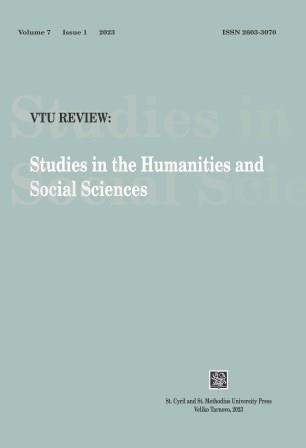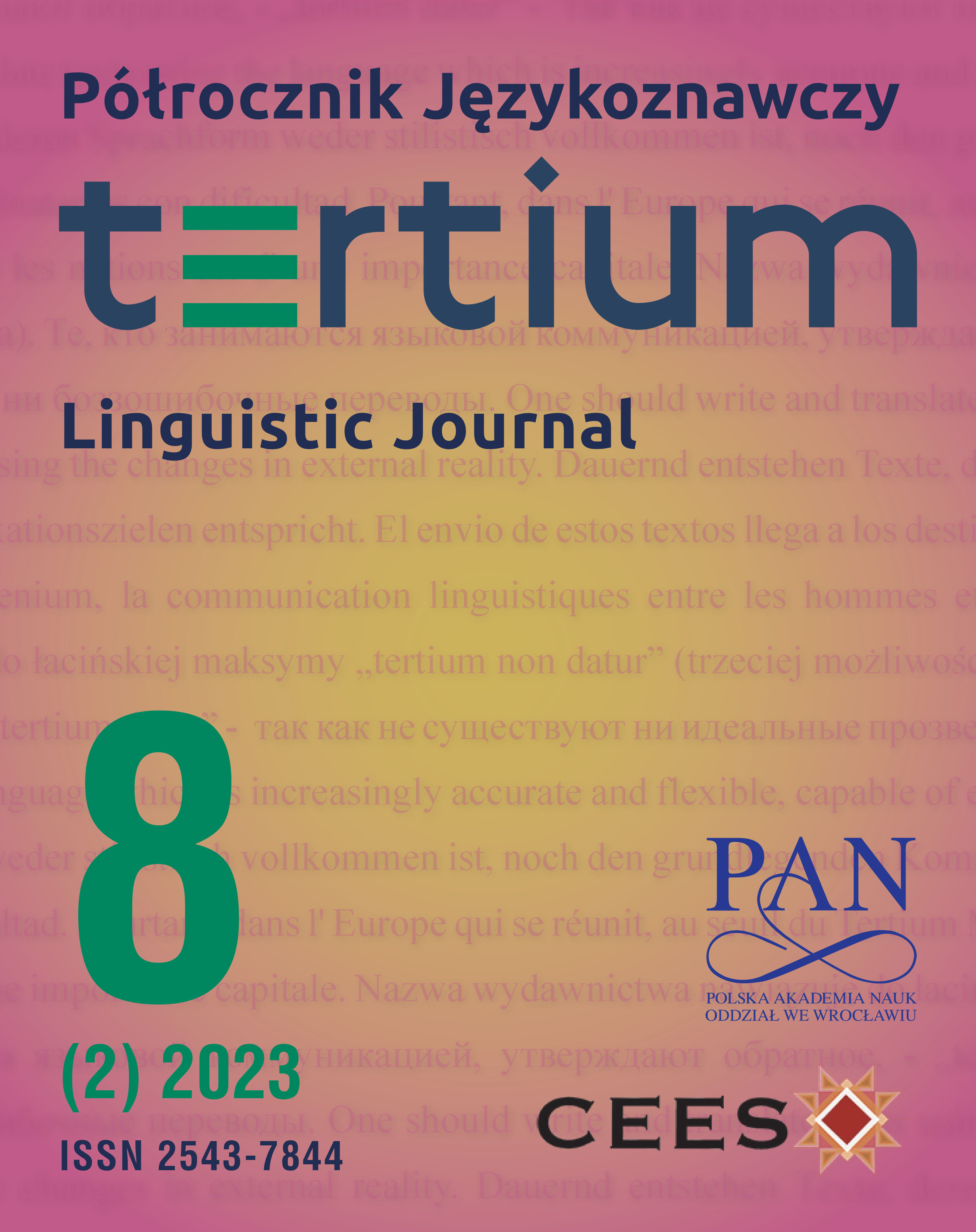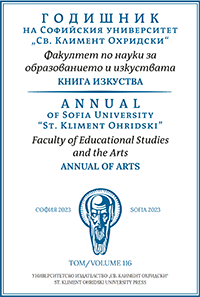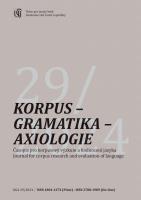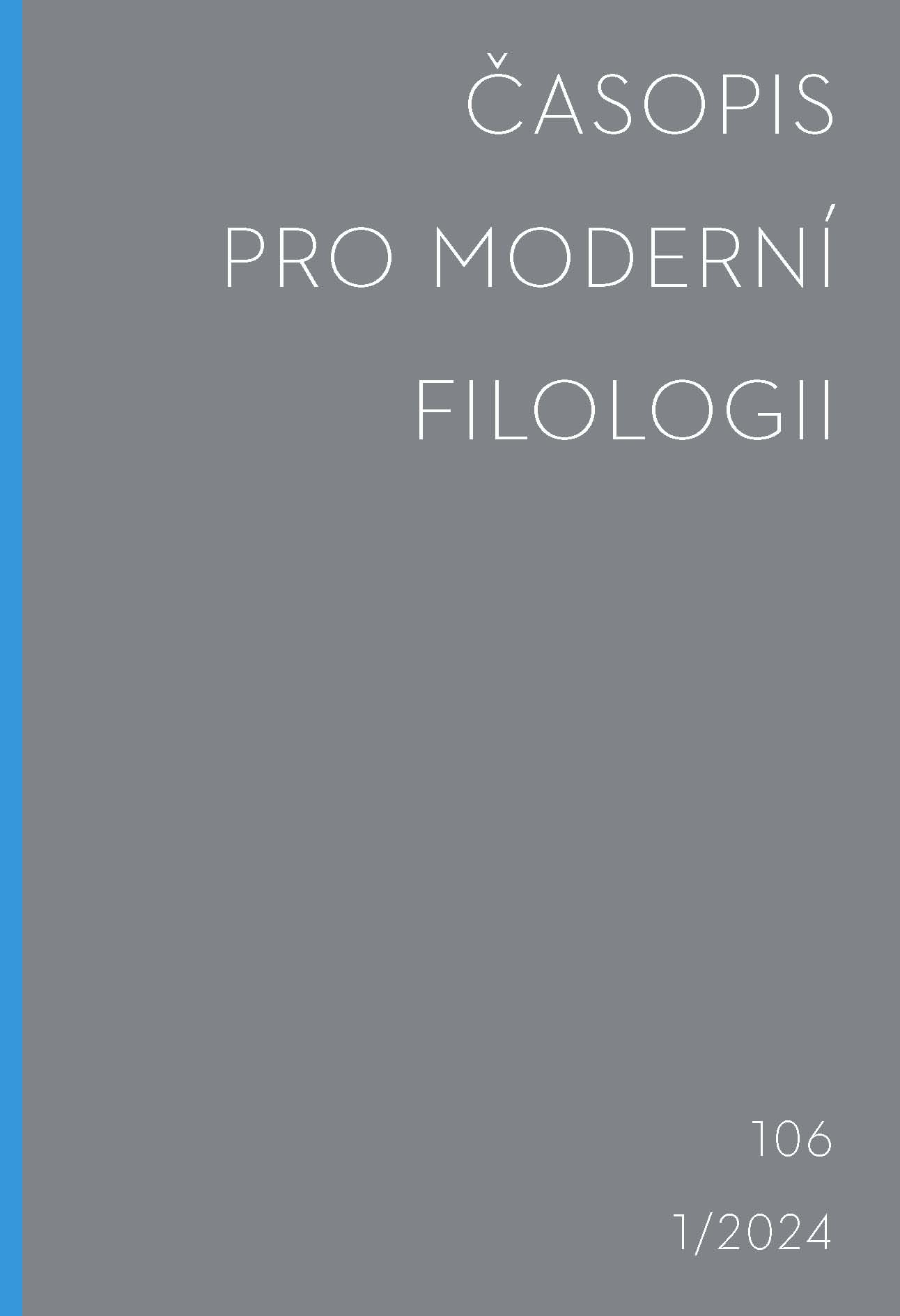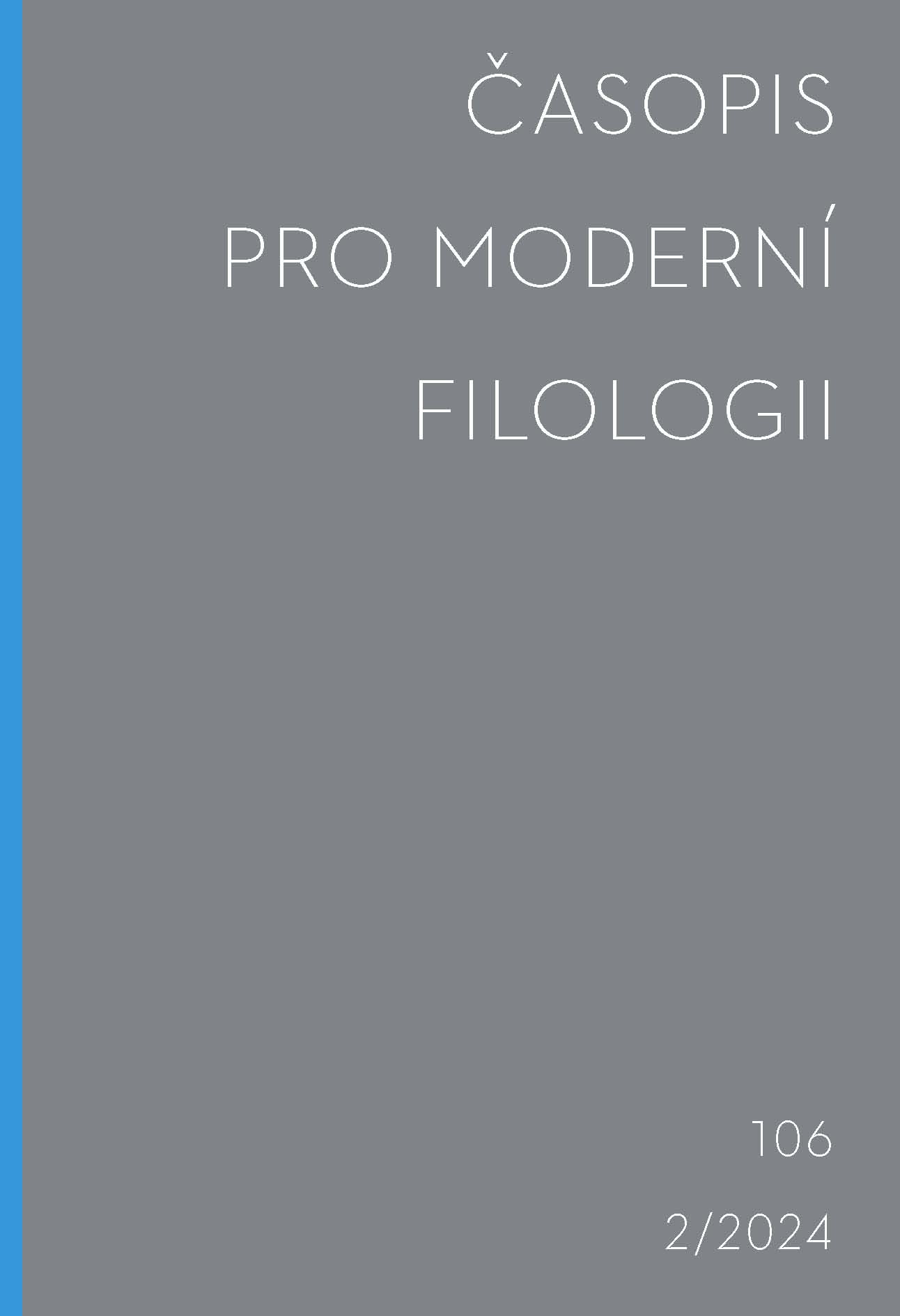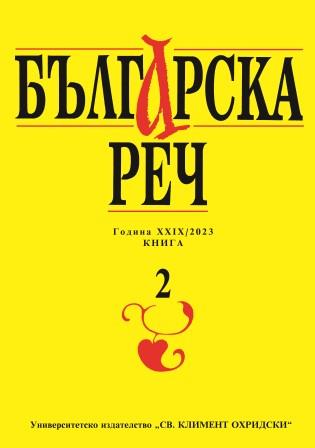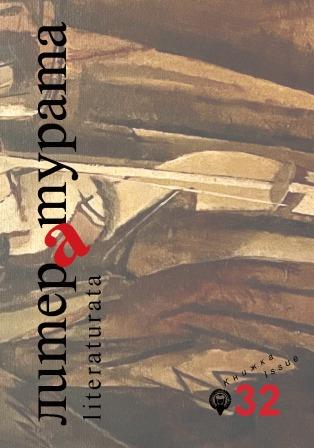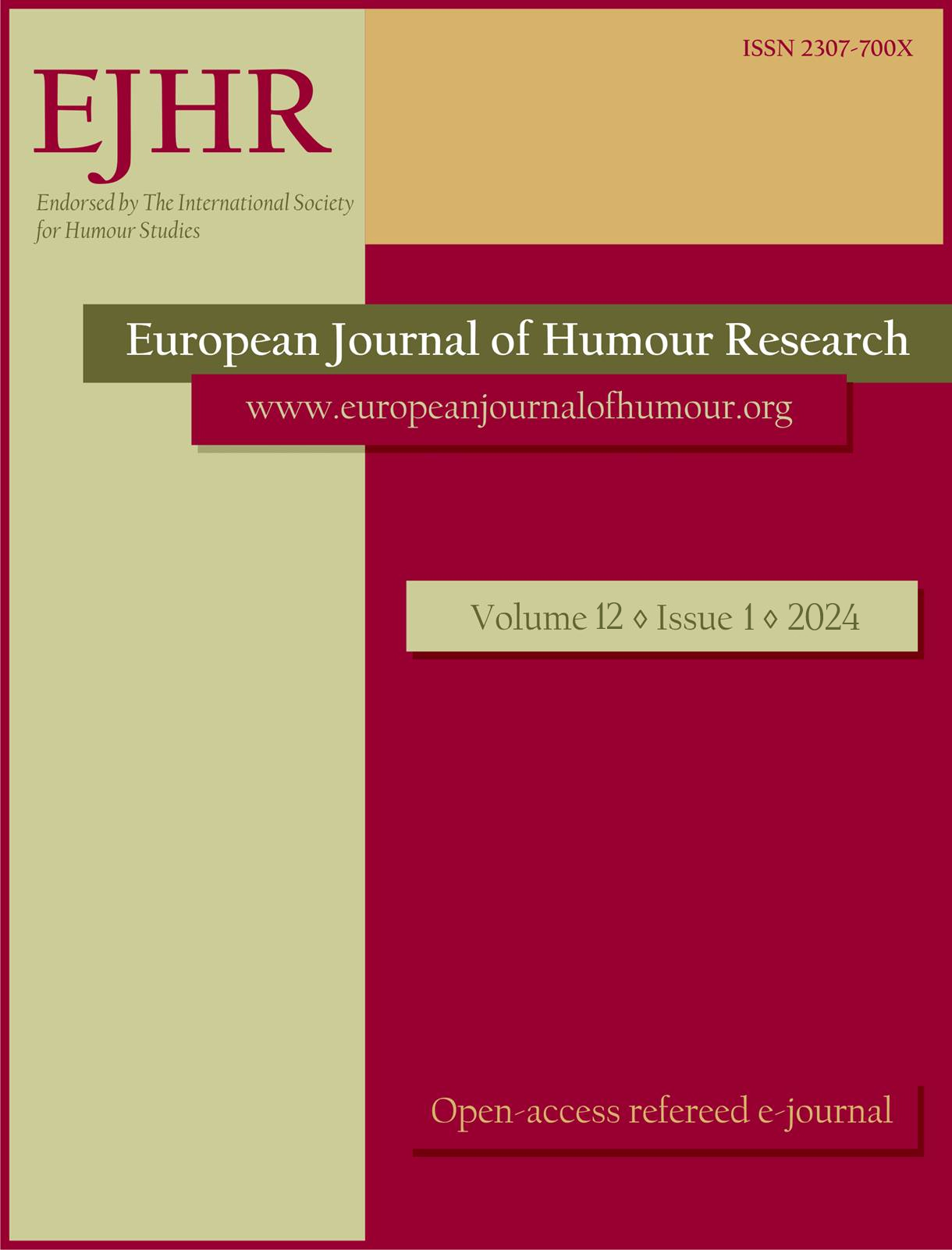
Stand-up in the age of outrage:
In the context of an expanding societal awareness of social injustice and inequality, stand-up comedy is frequently caught in the crosshairs of discourses on free speech and political correctness. This study examines the evolving relationship between comedic critique and contemporary discourses on the boundaries of humour. Drawing on the thesis of there politicisation of humour, we analyse stand-up comedy’s reflexivity towards “wokeness” and“cancel culture” through the case of Flemish stand-up comedian Michael Van Peel. Our findings suggest that the complexity of the current political climate leaves Van Peel and his contemporaries disoriented in their attempts to surpass the boundaries of comedic critique. Asa result, we argue for a reimagining of comedy's political potential beyond traditional interpretations as subversive critique, towards a view of stand-up comedy as a site of democratic resistance. Expanding views on the public role of comedians in response to contemporary socio-political issues can enhance the understanding of complex sociocultural dynamics and enable critical engagement with discourses on social justice and comedic free speech.
More...
